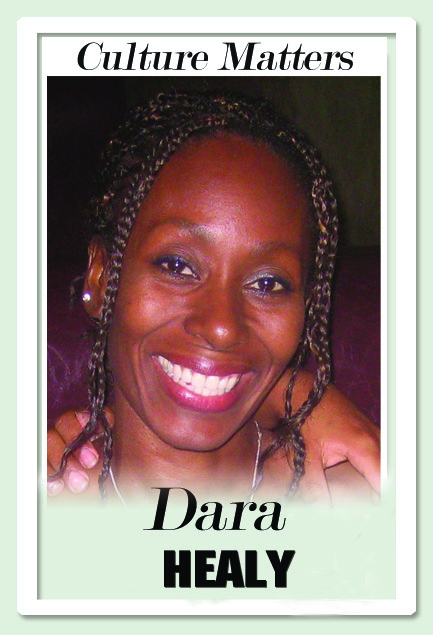Speaking picoplatically from a keskidee point of view

Culture Matters
Vox populi – the voice of the people
DENNIS “Sprangalang” Hall, Nigel Scott and my cherished jazz aficionado Uncle B, who we believed would outlive us all. This week the spirit of Ras Shorty I was there with us too, whether in the incarnation of Sweet Music or Watch Out My Children. Yet again, Brother Resistance had to ring his bell, giving thanks for the covid19 support, but reminding that creatives need long-term solutions. Crick Crack, Auntie Merle’s pioneering book on race and class, turned 50. What a week.
There was a time when cultural warriors were willing to die for the right to preserve Carnival. Corbeaux Town, La Cou Harpe, Belmont, Dry River. Almost 140 years ago, warring stickfighters came together to save our festival. They understood that it was one of the few spaces that gave them purpose. For that they were willing to die.
Carnival is not just a party. Disturbingly, statements by some of those responsible for the festival have been cold, lacking in empathy for the artists and communities who exist within its core. Other carnivals inspired by TT have been striving to keep their festivals alive. Yet, for the country that gave the world pan, calypso, chutney soca and many original artforms, why is it so easy to dismiss the Carnival that started it all?
The Notting Hill organisers felt it was their “responsibility to keep the spirit of carnival alive and set out to bring the event online for a domestic and global audience.” This weekend, Miami carnival is online, showcasing our pan, traditional characters and top performers such as Nailah Blackman and Voice. By contrast, in TT the announcement that Carnival is most likely not on was almost immediately endorsed by the organisation responsible for sustaining our national festival.
As Sprang might say, speaking picoplatically from a keskidee point of view, I am confused.
A fractured, sectoral approach is one of the reasons for the disconnect about Carnival. Worse, the powers that be have yet to articulate a philosophy of Carnival that moves beyond event management considerations.
By contrast, the Notting Hill organisers were clear that carnival in the London context represents a form of modern resistance to colonial and Eurocentric interpretations of Caribbean culture. No doubt their ideological clarity comes from the fact that TT national Claudia Jones was one of their founders. She was an anti-imperialist proponent of racial equality and female empowerment, who maintained that “a people’s art is the genesis of their freedom.”
In TT, that ideological clarity is all but absent. All stakeholders want to ensure that “monetary rewards” derive from Carnival. However, as Resistance put it, we “need to go deeper in terms of our understanding of the sector because many people feel that it is just a question of leisure and some people feel we should go and get a decent job. We still have that kind of thinking at the national level.”
The artists who create Carnival would have appreciated, for instance, the offer of state venues to host performances. They would have been willing to participate in discussions with sponsors for an online Carnival; both Notting Hill and Miami carnival were achieved with participation from TT-based sponsors.
Perhaps, generating Carnival programmes may have been viewed as an opportunity to build local content and national pride. Or even a chance to support struggling businesses in the hospitality sector. Critically, even a limited celebration could have opened up possibilities for stickfighters, dragon mas, Black Indians and other traditional masqueraders to bring income into their communities. Artists would have appreciated even one such suggestion.
Fortunately, artists never wait. Across the industry, there is experimentation with film, folk traditions, music, indigenous artforms, even Carnival costumes. Creative people have not waited for policymakers to feel empathy for the contributions of Carnival practitioners to the development of our society. At least the current minister responsible for Carnival has demonstrated a willingness to think beyond outdated paradigms. He may even be willing to move Carnival to a fixed date and time closer to its emancipation origins. This will make it easier to plan and satisfy those concerned about returns on investment.
Carnival is not just a party. It is also not primarily “a money-making exercise.” Globally, carnival organisers should be looking to see how TT innovates. In 1881, Carnival was worth dying for. In 2021 are we willing to live for it? Speaking picoplatically from a keskidee point of view, listen to the voices of the people. All the answers are there.
Dara E Healy is a performance artist, communications specialist and founder of the NGO, the Indigenous Creative Arts Network – ICAN


Comments
"Speaking picoplatically from a keskidee point of view"